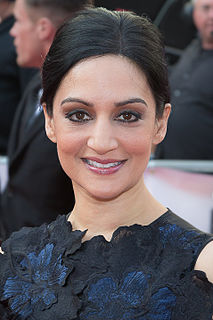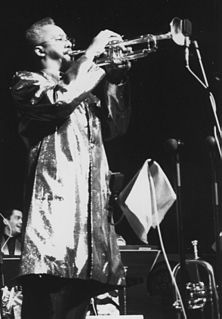A Quote by Paul Nurse
My parents were neither wealthy nor academic, but we lived comfortably and they were always extremely supportive of my academic efforts and aspirations, both at school and university.
Related Quotes
It's always intrigued me that amidst the group called slaves there were individuals who were extremely able, who were extremely colorful, who were powerful personalities, who by no means fit the usual images of slaves. They were people who, through their personalities and abilities, were very respected in the community where they lived by both black and white.
There's actually a wonderful quote from Stanley Fish, who is sometimes very polemical and with whom I don't always agree. He writes, "Freedom of speech is not an academic value. Accuracy of speech is an academic value; completeness of speech is an academic value; relevance of speech is an academic value. Each of these is directly related to the goal of academic inquiry: getting a matter of fact right."
My parents, God bless 'em, were very supportive of me and my decision to pursue acting. Their dream for me and my sister was that we graduate from college. And as soon as I fulfilled that, they were extremely supportive of what I wanted to do next. I will always be grateful to them for that, because I wouldn't be where I am today without their help and encouragement.




































